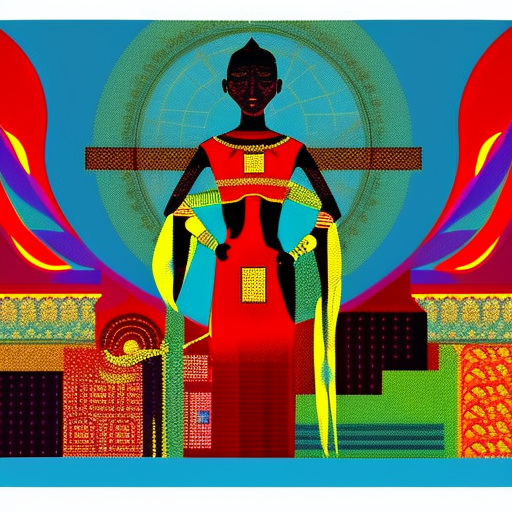The Namesake: A Story of Identity and Belonging
The Namesake, written by Jhumpa Lahiri, is a captivating novel that explores the themes of identity, belonging, and the struggle to find one’s place in the world. Through the story of Gogol Ganguli, the son of Indian immigrants, Lahiri delves into the complexities of cultural assimilation, family dynamics, and the search for personal identity.
A Journey of Cultural Identity
The Namesake follows the life of Gogol Ganguli, named after the famous Russian author Nikolai Gogol. Gogol’s parents, Ashoke and Ashima, immigrated to the United States from India, seeking a better life. As Gogol grows up in America, he grapples with his unique name, which becomes a symbol of his struggle to reconcile his Indian heritage with his American identity.
Gogol’s journey of cultural identity is marked by a series of experiences and relationships. From his childhood, where he feels embarrassed by his name, to his college years, where he tries to distance himself from his Indian roots, Gogol constantly grapples with his sense of self. He changes his name to Nikhil, hoping to fit in with his American peers, but ultimately realizes that his name is an integral part of his identity.
The Complexities of Family and Relationships
The Namesake also delves into the complexities of family and relationships. Gogol’s relationship with his parents, particularly his father, is a central theme in the novel. Ashoke, who survived a train accident in India, imparts wisdom and guidance to Gogol, emphasizing the importance of embracing his cultural heritage. However, Gogol often feels disconnected from his parents’ traditions and struggles to understand their perspective.
As Gogol navigates his way through relationships, he experiences both love and heartbreak. His romantic relationships, particularly with Maxine and Moushumi, further highlight his struggle to find a sense of belonging. Maxine, an American girlfriend, introduces Gogol to a world of privilege and freedom, but their relationship ultimately ends due to cultural differences. Gogol’s marriage to Moushumi, a fellow Indian-American, seems to offer a sense of familiarity, but it too unravels as they both grapple with their own identities.
A Reflection on Identity and Belonging
The Namesake is a poignant exploration of the universal themes of identity and belonging. Through Gogol’s journey, Lahiri highlights the challenges faced by immigrants and their children as they navigate between two cultures. The novel beautifully captures the complexities of cultural assimilation and the longing for a sense of home.
Key takeaways from The Namesake include:
- Identity is a complex and evolving concept that is influenced by both cultural heritage and personal experiences.
- Belonging is not solely determined by one’s cultural background, but also by the connections and relationships formed throughout one’s life.
- The search for personal identity often involves a struggle between embracing one’s heritage and assimilating into a new culture.
In the words of Jhumpa Lahiri, “That’s the thing about books. They let you travel without moving your feet.” The Namesake takes readers on a journey of self-discovery, cultural exploration, and the universal quest for belonging. It reminds us of the importance of embracing our roots while also forging our own paths in the world.












